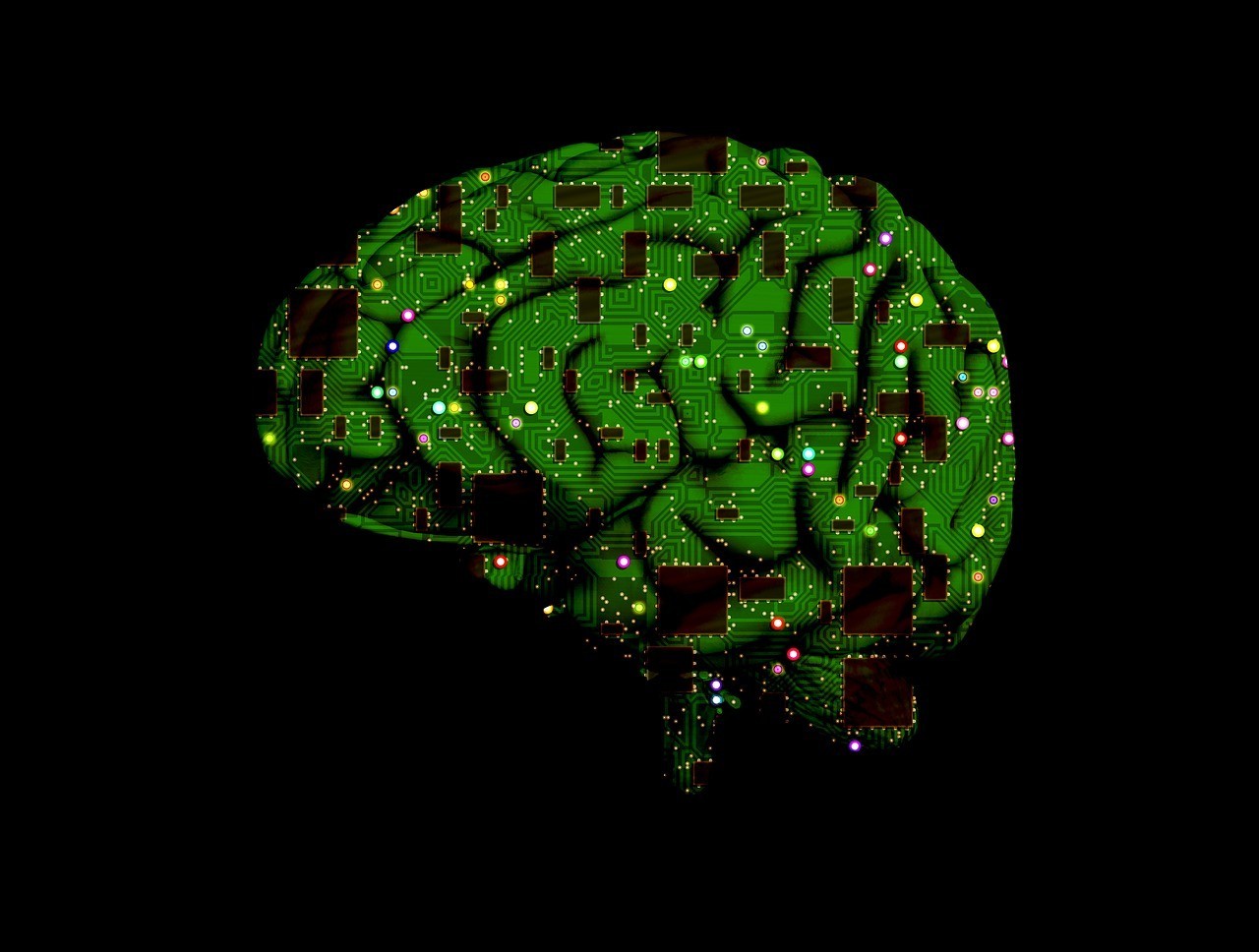IBM’s distributed deep learning research has finally paid off. They have developed a new algorithm that has been proven to increase the speed of machine learning processes of training big data sets by up to 10x faster than before.
IBM is one of the leading technology companies in the world and was one of the first companies to produce processors. Their research did not stop there as they have been actively involved in innovating and creating the latest technologies found in the IT world.
With the inception of the concept of distributed blockchain in the field of computer science, it is only logical that IBM wanted to find its usefulness in their technology too.
Consequently, an IBM research team, while collaborating with EPFL scientists, developed this new scheme of training big data sets in a much quicker way than the contemporary algorithms. The new method has the ability to process a 30 Gb training data set in less than a minute, while using only a single Graphic Processing Unit (GPU).
Training a machine learning model is one of the most difficult tasks in the field of machine learning. It may take days to complete, even with the best equipment at hand.
The new component developed by the team is called the Duality-gap based Heterogeneous Learning (DuHL). DuHL can be used to process large amounts of data in a fairly quick time, and can be used in social media marketing to figure out which ad should be shown at what time.
Thomas Parnell, an IBM mathematician in Zurich, had the following comments regarding the latest innovation:
“To the best of our knowledge, we are first to have generic solution with a 10x speedup. Specifically, for traditional, linear machine learning models — which are widely used for data sets that are too big for neural networks to train on — we have implemented the techniques on the best reference schemes and demonstrated a minimum of a 10x speedup.”
Blockchain-based technologies are revolutionizing the world and cryptocurrency is just the tip of the ice berg. It is so much more than bitcoin than meets the eye. The concepts that are related to blockchain technologies can be implemented in a wide array of scientific fields.

